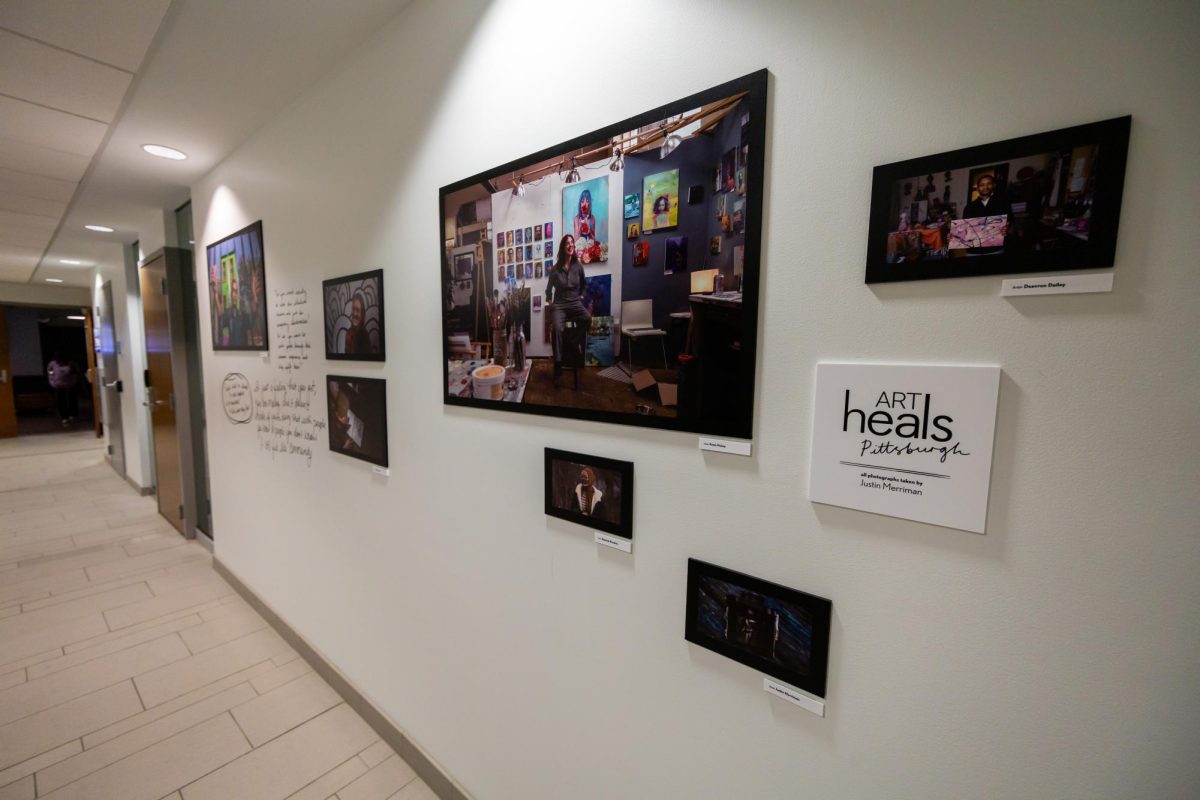Bosnian students discuss education in once war-torn country
January 6, 2010
SARAJEVO, BOSNIA AND HERZEGOVINA – When Bosnians tell stories, they divide time into before… SARAJEVO, BOSNIA AND HERZEGOVINA – When Bosnians tell stories, they divide time into before and after the war.
They talk about a time when people enjoyed universal health care in Yugoslavia — before the term became popular — and when Muslims, Catholics and Serbian Orthodox people lived together in peace.
Years from now, however, people might discuss Bosnia and Herzegovina with respect to the country’s accession into the European Union.
Even before Bosnia and Herzegovina formally began the European Union pre-accession process in 2008, the country tried to implement programs to increase its EU appeal.
Bosnia adopted the Bologna Process — the education standard used in 46 countries, including the member states of the EU — in 2003, and universities are adapting at various rates.
Bosnian students are pushed to decide their futures at an earlier age than students in the United States. At about the age of 15, Bosnian students can apply for high schools in specific fields, like medicine, economics and engineering, with the option of attending a general high school.
Pitt students in the School of Arts and Sciences generally declare their majors by the end of their sophomore year.
“Here (in Bosnia), you are not always sure that you’re going to go to college. So you need some high school that will enable you to work later if you’re not lucky enough to go to college,” said Nejra Kadić, a 23-year-old philosophy student at the University of Sarajevo. Kadić graduated from a medical high school in 2005 and could work as a nurse.
A student who pursues a bachelor’s degree must pass his “diplomski rad,” which is a large research project that’s comparable to a master’s thesis in the United States.
The Bologna Process creates a quality standard for students at the bachelor’s, master’s and doctoral levels so students can move between colleges more easily.
Students can earn a bachelor’s degree in three or four years in the Bologna Process. Anja Džumhur, a 22-year-old student in her third year of studying psychology at the University of Sarajevo, is wary about students earning degrees in three years instead of four.
“I think it was much more useful before because after four years, you really got knowledge. Before, psychologists could work in schools here and there with four years [of university study]. But now with three years, with your diploma you have nothing actually.”
Bosnia and Herzegovina’s Bologna Process report for 2008-09 said that there were about 100,000 students below the doctoral level enrolled and about 70 percent of them plan to attain master’s degrees.
Bosnia and Herzegovina has eight public universities. The University of Sarajevo offers 24 institutions, and students generally don’t take courses in other institutions.
Nejra Kadić is a first-year student in the school of philosophy and minors in Russian. She originally enrolled in the political science school and worked on the campaign for Haris Silajdžić, a member of the Presidency of Bosnia and Herzegovina. Kadić grew weary of politics in her second year of school and decided to change programs, a move that forced her to start again as a freshman.
She wanted to study English, but she said English programs tend to fill with people who have straight A’s or the right connections.
She aspires to become a police officer at an administrative level and plans to attend the police academy after she finishes her degrees in philosophy and political science.
Some aspects of the old system are more difficult to eliminate because they’re part of the culture.
Džumhur said that most students don’t communicate with their professors because they are authority figures. In fact, only recently did the universities start employing teaching assistants.
She also noted how the Bosnian schools require students to memorize what she called trivial details.
“In Europe, especially in America, that is what I’ve heard,” she said, “You are learning the stuff you’ll need in your life and your vocation. But here you learn everything, even stuff you’ll never need in practice.”
Džumhur used an example from primary school.
“I’ve heard that people have no clue about Bosnia, like they still think that we are still part of Yugoslavia or that there’s still a war going on. That could never happen to our people because we know how many sheep you have in Canada.”
Kadić recognizes that Bosnia and Herzegovina has a long way before they’ll be considered part of Europe, but at least with Bosnia’s use of the Bologna Process, she can see improvements already.
“It’s not easy in America or anywhere. But you get used to it.” Kadić said. “I was born here. I live here. I would never leave. I don’t know how to live somewhere else. This is where I belong.”







